When researching for LinuxGSM as someone with little knowledge of Minecraft I found it very difficult to understand the differences between various terms, versions, server versions, mods and plugins. There is information scattered all around the Internet, and until it was all explained to me by several people, I was very confused.
This two-part article will cover the different terms, versions, servers, mods, plugins etc. It will help clear up what Bedrock, Spigot, Paper, Dungeon, Java Edition and other terms mean. This should help new players, server admins and parents get there head around the somtimes confusing world of Minecraft.
Versions of Minecraft
 Minecraft: Java Edition
Minecraft: Java Edition
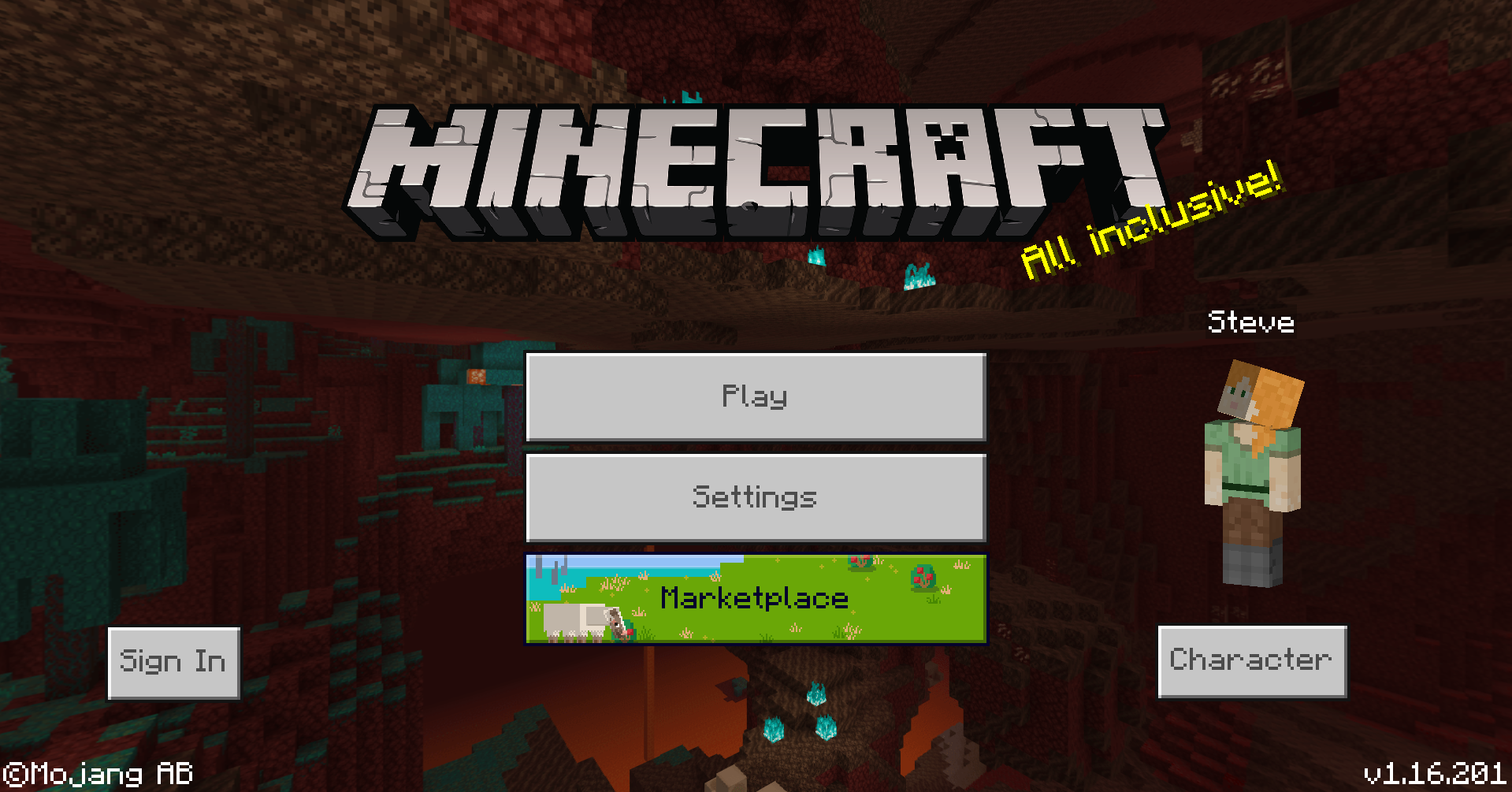 Minecraft: Bedrock Edition
Minecraft: Bedrock Edition
Minecraft (aka Minecraft: Java Edition) is a blocky sandbox game developed by Mojang and originally released in 2009. It was developed using Java and ran on PC (Windows, Mac and Linux). It has since become one of the best selling videos games of all time. It supports self-hosted servers and massive amounts of third-party user-created content (more on that later).
Minecraft was originally released in 2009, developed with Java and available on PC.
To expand into the console market, in 2012 the first console edition for Xbox 360 was released and other consoles such as PS3, PS4, Wii U and Switch followed later. These versions did not support mods or self-hosted servers.
In 2011 development started on Minecraft: Pocket Edition (MCPE) a version specifically designed for mobile that was later released in 2016. Pocket Edition introduced the Bedrock Engine that is written in C++, rather than Java. This version was later ported to Windows 10: Edition, Apple TV Edition, Fire TV Edition and Gear VR Edition.
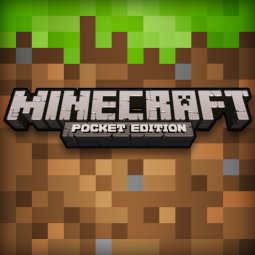
In 2017 Minecraft: Bedrock Edition (MCBE) was released as a version specifically designed to expand MCPE into a unified cross-platform version of Minecraft. Bringing together both MCPC, console editions, Windows 10: Edition and others under one version. Apart from being on many mobile and console platforms the main advantage of this edition is cross-platform compatible multiplayer allowing players with different devices to play together and a curated content store called Marketplace.
Minecraft: Bedrock Edition, developed with C++ and expanded MCPE into a cross-platform version of Minecraft.
There are currently two main versions of Minecraft.
Minecraft: Java Edition
As mentioned above, the original version of Minecraft written in Java that works on PC only does not support cross-platform multiplayer but has extensive third-party content/mod support.

Minecraft: Bedrock Edition
The version of Minecraft written in C++ that is cross-platform, has cross-platform multiplayer and has a Marketplace with a limited selection of content curated by Mojang.
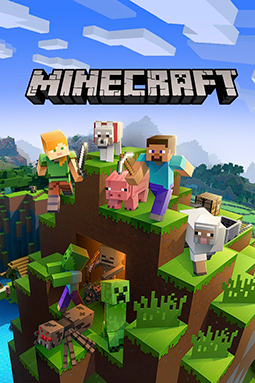
What are Dungeons, Story Mode and Realms?
Dungeons
Minecraft Dungeons is a separate recently released Minecraft spin-off dungeon crawler game. It is based off but not directly linked to Minecraft. You can buy the game for various console platforms and Windows. On Windows, it can be purchased either via the Minecraft Launcher or the Windows 10 store.
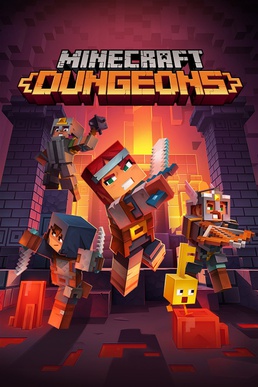
Story Mode
Minecraft Story Mode is an episodic point-and-click graphic adventure video game, based on Minecraft. It is based off but not directly linked to Minecraft.
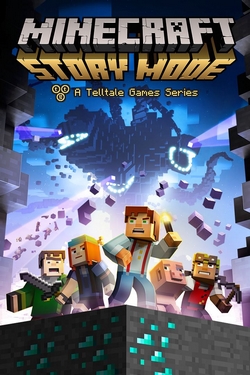
Realms
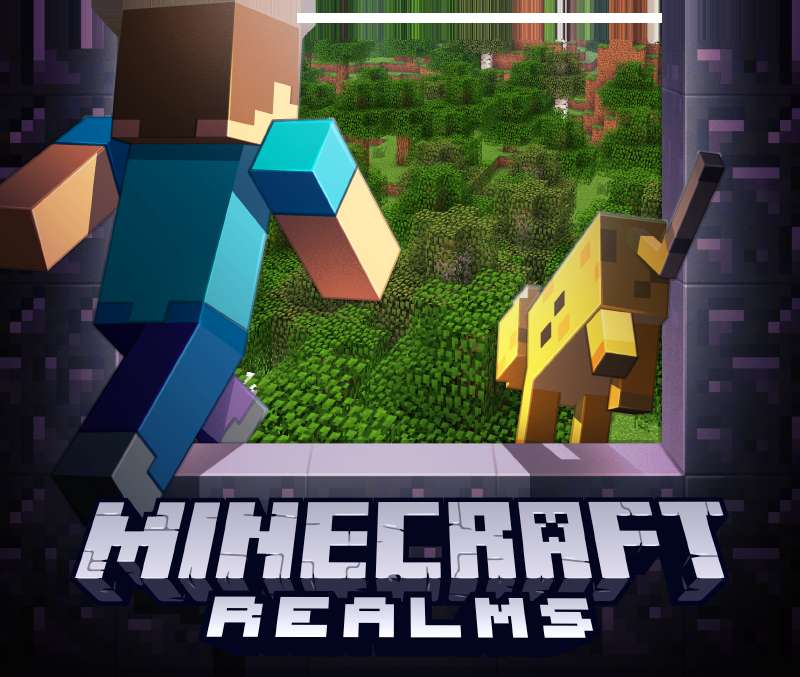
Realms are personal multiplayer servers, hosted by Mojang (not self-hosted), for you and people you invite. Realms are available on Java and Bedrock Edition.
On Realms for Java for the monthly subscription, you get a server that can host up to 10 players.
On Bedrock Edition the monthly subscription is called Realms Plus that like Realms for Java you get a server, plus access to a selection of the paid content in the Marketplace such as worlds, textures, skins etc.
Custom Content
To keep Minecraft fresh for players, both versions of Minecraft allow players to access custom content and features such as worlds, game modes, skins, textures etc. However, Both Java and Bedrock go about this differently.
In Bedrock, content made by Mojang and others is curated, vetted and managed by Mojang in a content store called Marketplace.
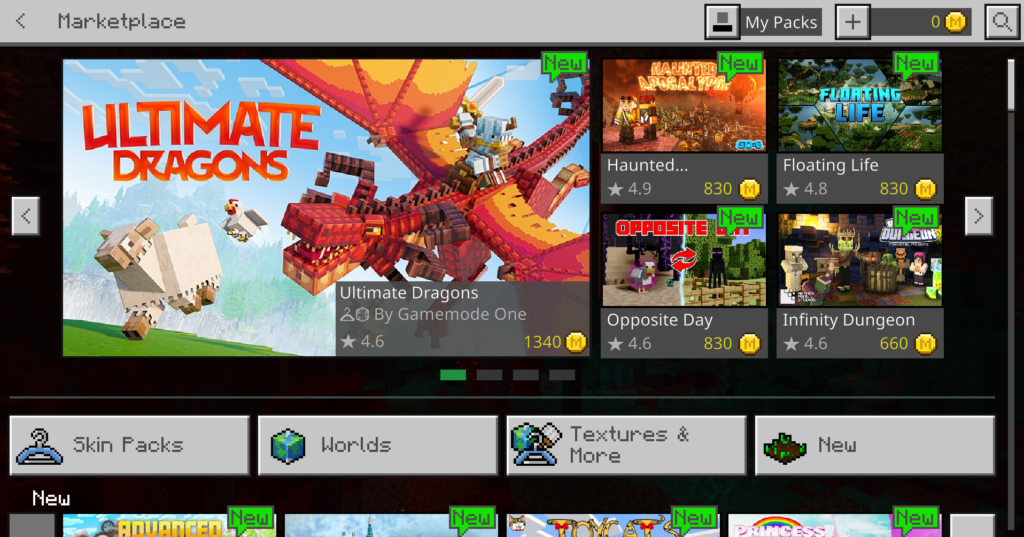 Marketplace
Marketplace
 Technic Mod Launcher
Technic Mod Launcher
In Java Edition, custom content is not managed by Mojang but is accessible by using custom mods and plugins that can be downloaded from various websites/launchers and can be used on both game servers and the game client. Some of the most popular include Technic and Feed The Beast and ATLauncher.
In general Bedrock content is great for the average player who wants access a selection of curated and vetted content that is often paid (but sometimes free). Whereas Java Edition allows much more freedom for developers and players to create and experiment with all sorts of custom content.
In part 2 I will cover mods and plugins in the Java Edition.